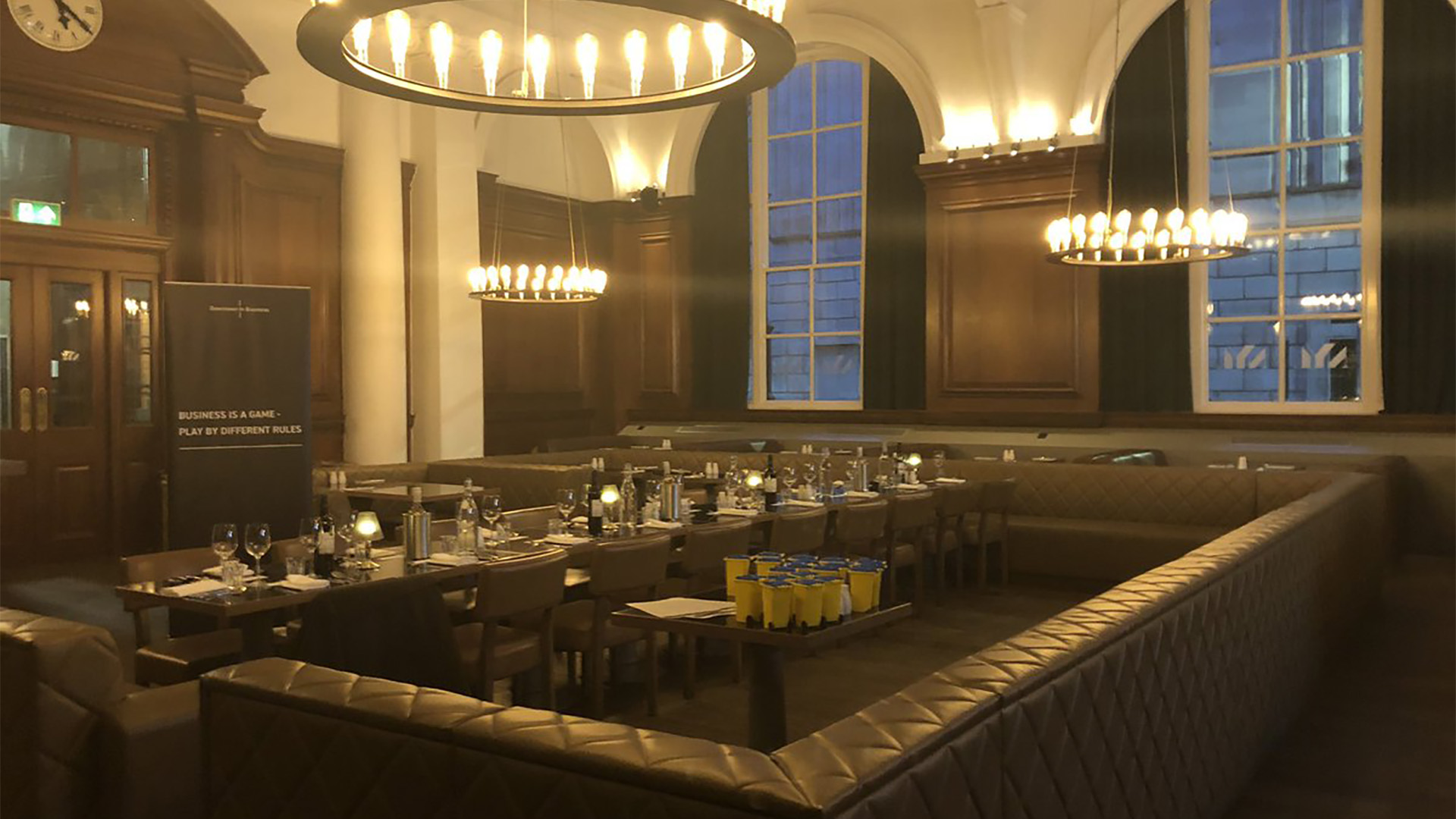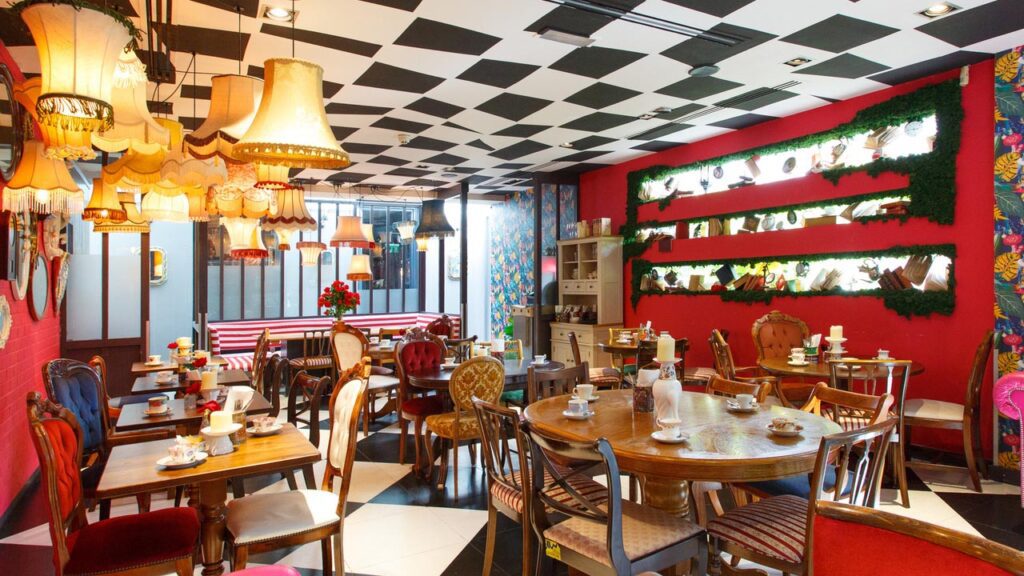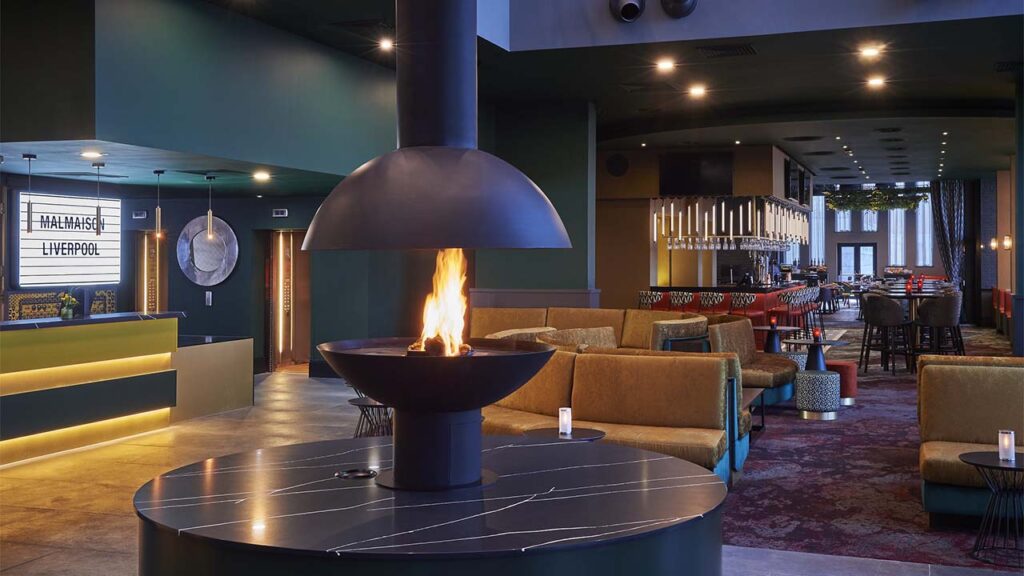[vc_row type=”in_container” full_screen_row_position=”middle” scene_position=”center” text_color=”dark” text_align=”left” overlay_strength=”0.3″ shape_divider_position=”bottom”][vc_column column_padding=”no-extra-padding” column_padding_position=”all” background_color_opacity=”1″ background_hover_color_opacity=”1″ column_shadow=”none” column_border_radius=”none” width=”1/1″ tablet_text_alignment=”default” phone_text_alignment=”default” column_border_width=”none” column_border_style=”solid”][vc_column_text] Words:
Words:
Dougal Paver,
Merrion Strategy[/vc_column_text][/vc_column][/vc_row][vc_row type=”in_container” full_screen_row_position=”middle” scene_position=”center” text_color=”dark” text_align=”left” overlay_strength=”0.3″ shape_divider_position=”bottom”][vc_column column_padding=”no-extra-padding” column_padding_position=”all” background_color_opacity=”1″ background_hover_color_opacity=”1″ column_shadow=”none” column_border_radius=”none” width=”1/1″ tablet_text_alignment=”default” phone_text_alignment=”default” column_border_width=”none” column_border_style=”solid”][vc_column_text]Shakespeare could have had the current economic window in mind when he wrote about there being “a tide in the affairs of men.” Take it at the flood, he said, and it would lead on to fortune.
Liverpool is at the high tide of a 15-year period of economic growth and nowhere was it better illustrated than at the recent Talking ‘Bout Regeneration dinner at Liverpool’s elegant Aloft hotel.
Hosted by Downtown Liverpool, the top brass behind the Liverpool Waters and Wirral Waters projects gave their updates on the impressive progress being made by both schemes before the floor was thrown open to an animated and informed discussion about the city’s current wave of regeneration.
‘We’re on a full sea,’ went the general thrust, and everyone is taking the current whilst it serves. Whether they lose their ventures remains to be seen, but Shakespeare’s words of caution needed no airing in this audience, a mix of wily operators who’ve been through numerous recessions and smart young bucks who have the common sense to surround themselves with good advisors, Frank McKenna amongst them.
And for all the unalloyed good news about the scale and breadth of regeneration activity underway, nobody was getting carried away. 2007 is still too fresh in the memory for that. No: Liverpool’s current regeneration cycle feels more measured and is certainly more grounded in a solid economy. With record levels of company formation, job creation, employment, visitor numbers, hotel occupancy and much more, the Liverpool of today is no mere economic chimera, built on sales brochures and chutzpah. This is real.
And yet headwinds remain, not least the weakness of the city’s commercial property market. Rents remain too low to support speculative construction and the city’s stock of Grade A space will shortly dwindle to nothing.
And, whilst that may presage a period of rental growth, in the meantime the lack of stock rules Liverpool out of any major footloose office requirements. As drags on the economy go, that’s real and substantial and Ian Pollitt of Peel pointed to his company’s frustration at not yet finding a financial mechanism that will help them speculatively develop the last office plot on Prince’s Dock.
Could the council step in, offering ‘wrappers’ around leases? It’s been done elsewhere to great effect, de-risking projects and bringing them forward, but for some reason our current administration has shied away from such deals.
Next up were worries about the emerging tall buildings policy or, as one wag put it, the small buildings policy. A brake on development and a disincentive to investors, just at a time of maximum opportunity? Or a sensible step back and pause for breath lest we do irreparable damage to our World Heritage status? The jury didn’t stay out for long on that issue, I can tell you.
But overall the mood was positive. The ‘B’ word was even acknowledged as an opportunity for Liverpool, given that we face west back to our old trading partners. Even our charming hotel host acknowledged that a falling sterling was having a major impact on in-bound tourism visits to Liverpool.
Every cloud, it seems, has some regenerative benefits, then. When your author began his career in the late eighties clouds only brought downpours. How times have changed for the better.
Dougal Paver is managing director of public affairs and PR advisors Merrion Strategy and a former board member of both Liverpool Vision and Liverpool Chamber of Commerce. He has been a member of Downtown Liverpool since its inception.[/vc_column_text][/vc_column][/vc_row]





